Ukraine – Russia: Ceasefire without trust Experts discuss feasibility and long-term impact
President Volodymyr Zelenskyy announced that an agreement had been reached with international allies to begin a full and unconditional ceasefire in Ukraine starting Monday, May 12.
He made the announcement at a press conference following a meeting with the leaders of the “Coalition of the Willing,” noting that the ceasefire is expected to last for at least 30 days. “We jointly demand this from Russia, and we know we are supported in this by the United States,” Zelenskyy emphasised, as reported by RBC-Ukraine.
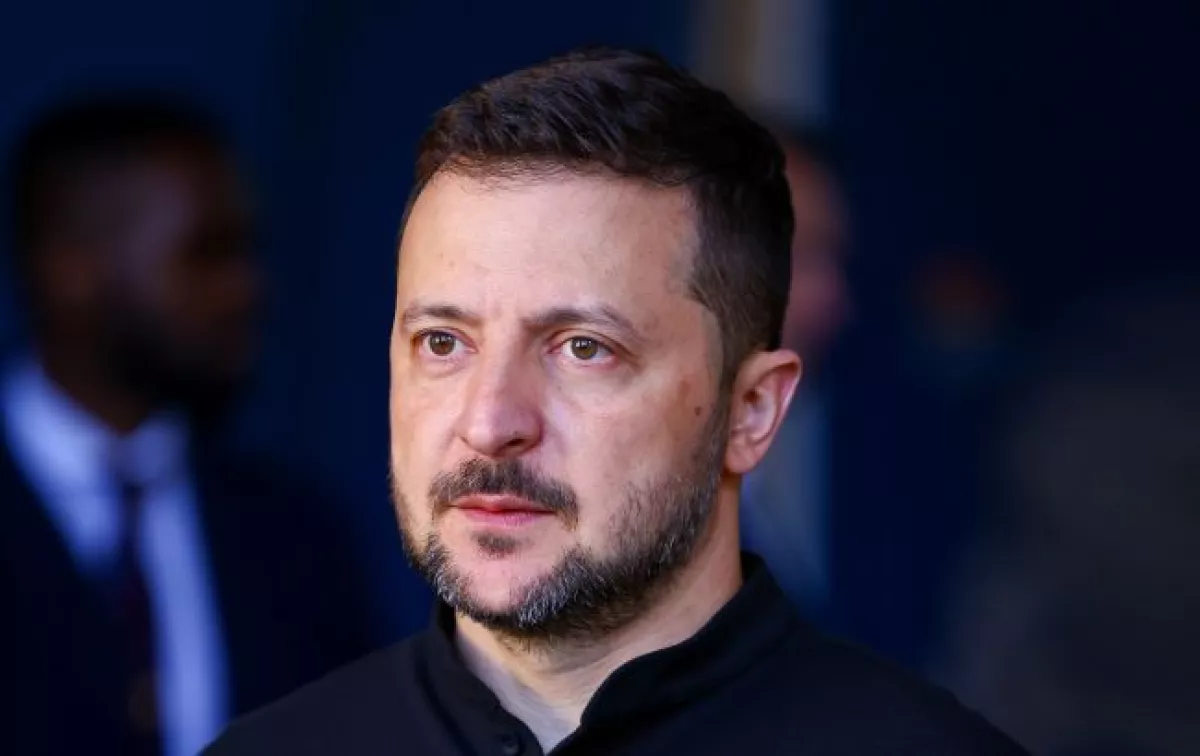
The head of state clarified that the ceasefire would be comprehensive, covering hostilities on land, in the air, and at sea. He noted that an “unconditional” ceasefire means there are no preconditions attached.
Zelenskyy and European leaders conveyed this readiness during a phone conversation with U.S. President Donald Trump.
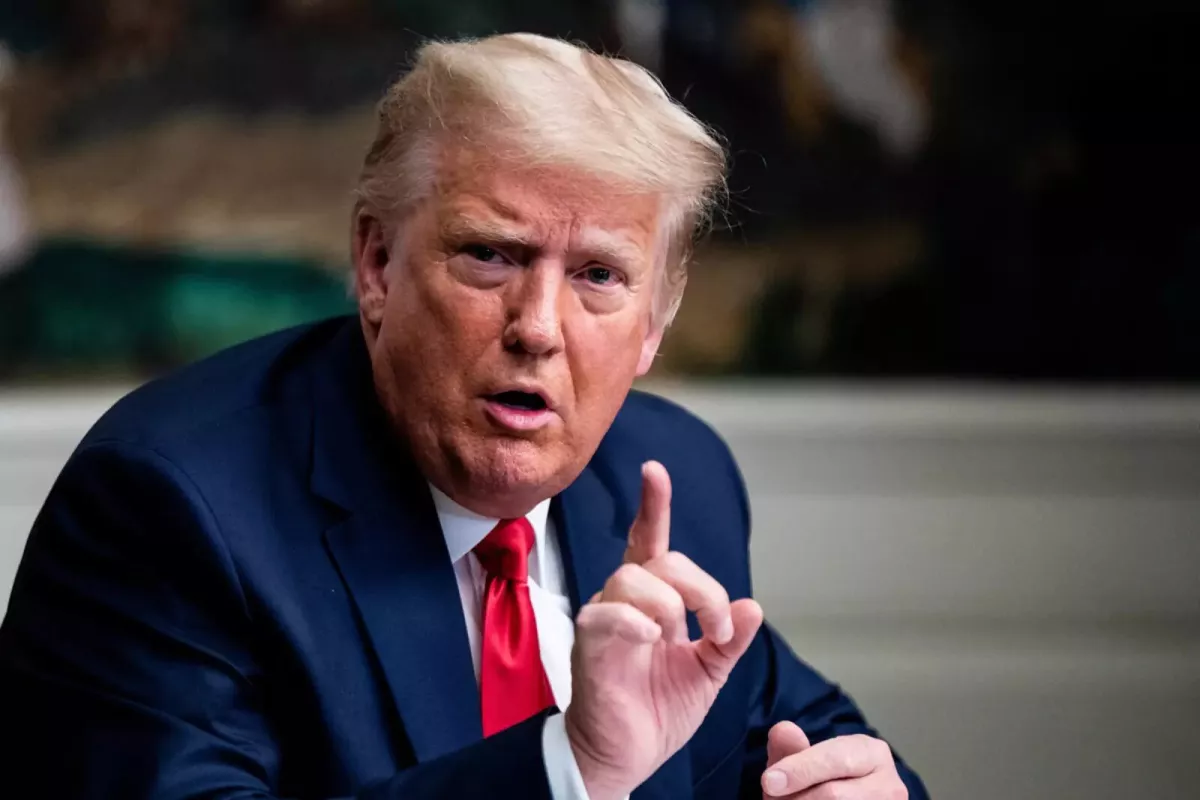
According to Axios, Donald Trump was "satisfied" that Ukraine had accepted the ceasefire proposal and expressed readiness for direct negotiations with the Kremlin.
On May 15, Russian President Vladimir Putin proposed that Kyiv resume direct talks in Istanbul.
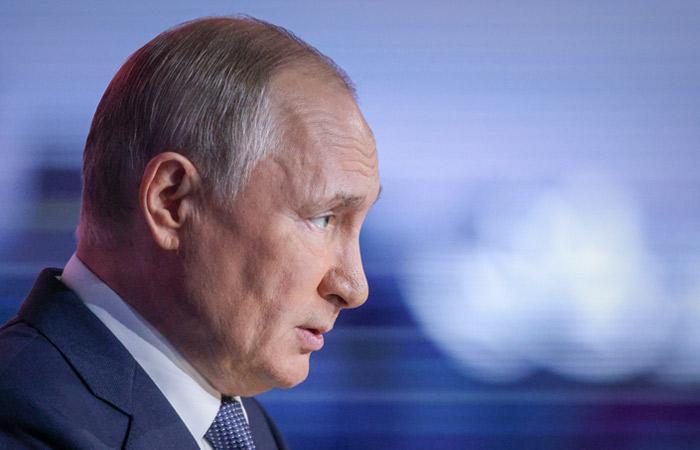
“…We propose that the Kyiv authorities resume direct negotiations, and without any preconditions,” Putin said on May 11 night.
He also stated that he was scheduled to speak with Turkish President Tayyip Erdoğan and expressed hope that Türkiye would provide a venue for the talks.

Türkiye has already expressed its readiness to host these negotiations in order to ensure a ceasefire and lasting peace in Ukraine. This was stated by President Erdoğan during a phone call with his French counterpart, Emmanuel Macron.
According to President Putin, Russia is prepared for serious negotiations with Ukraine.
“There is value in addressing the root causes of the conflict and moving towards the restoration of a long-term, sustainable peace in a historical perspective. We do not rule out that, during these negotiations, it may be possible to agree on new ceasefires, on a new cessation of hostilities — a genuine ceasefire that would be respected not only by Russia, but also by the Ukrainian side. That would be a first step, I repeat, towards long-term, stable peace, and not a prelude to the continuation of armed conflict,” Putin said.
Of course, the entire world has long been waiting for the possibility of ending this bloody war. But how likely is it today that even a temporary 30-day ceasefire can be achieved through negotiations?
At the request of Caliber.Az, foreign experts offered their assessment of this possibility.
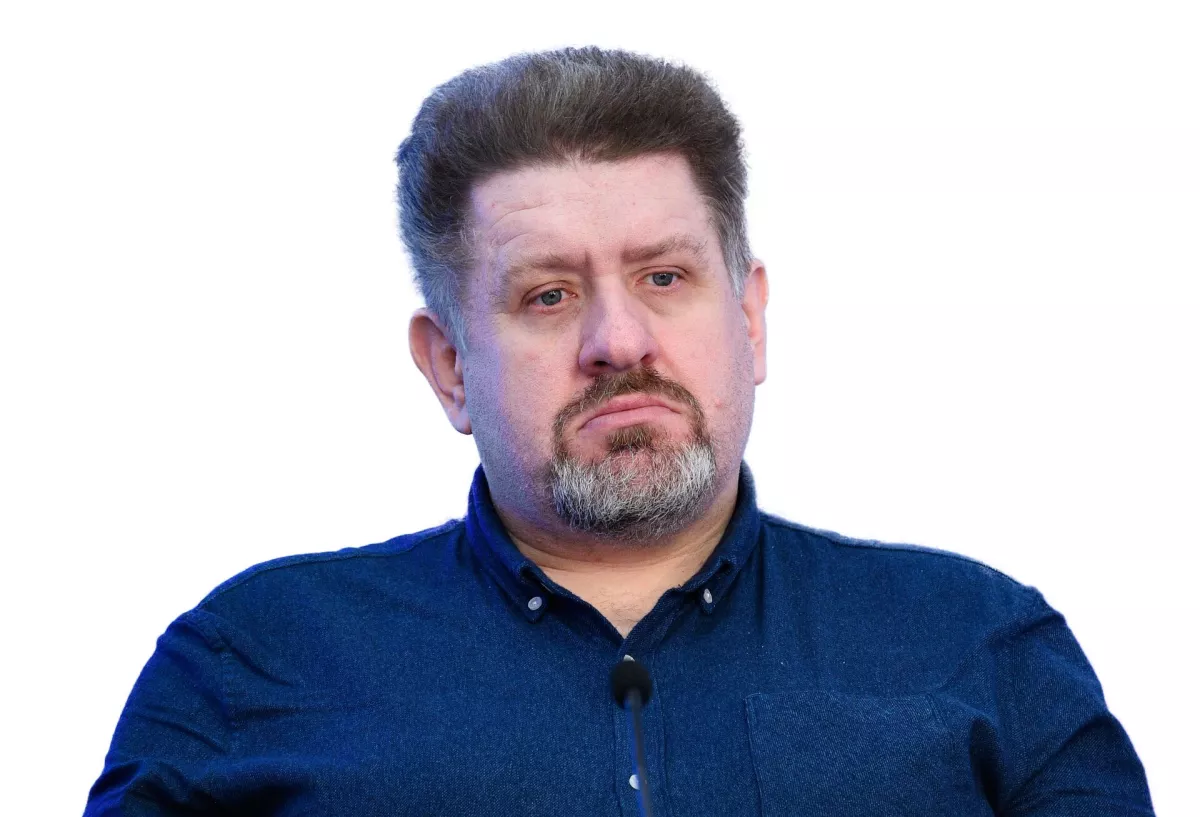
The head of the “Ukrainian Politics” Foundation, analyst and historian Konstantin Bondarenko, notes that the issue of a ceasefire hinges on a key demand from Russia: during the truce, arms supplies to Ukraine must stop, and Kyiv must halt its mobilisation efforts.
“This is unacceptable both for Ukraine and for the ‘Coalition of the Willing’, who would prefer to use the pause to strengthen Ukraine militarily.
In addition, the idea of deploying peacekeepers — currently promoted only by Ukraine and France — is unacceptable to Russia. In short, the main problem is that while both sides are putting forward proposals, they fundamentally do not trust each other.
It’s a classic standoff: ‘Money in the morning, chairs in the evening!’ — ‘No, chairs in the morning, money in the evening!’ [referencing a famous scene from the Soviet satirical novel The Twelve Chairs, in which two parties refuse to budge—each demanding the other act first - ed.] Still, we hope that common sense will prevail, and that the meeting will not only take place, but also bring tangible results,” Bondarenko said.
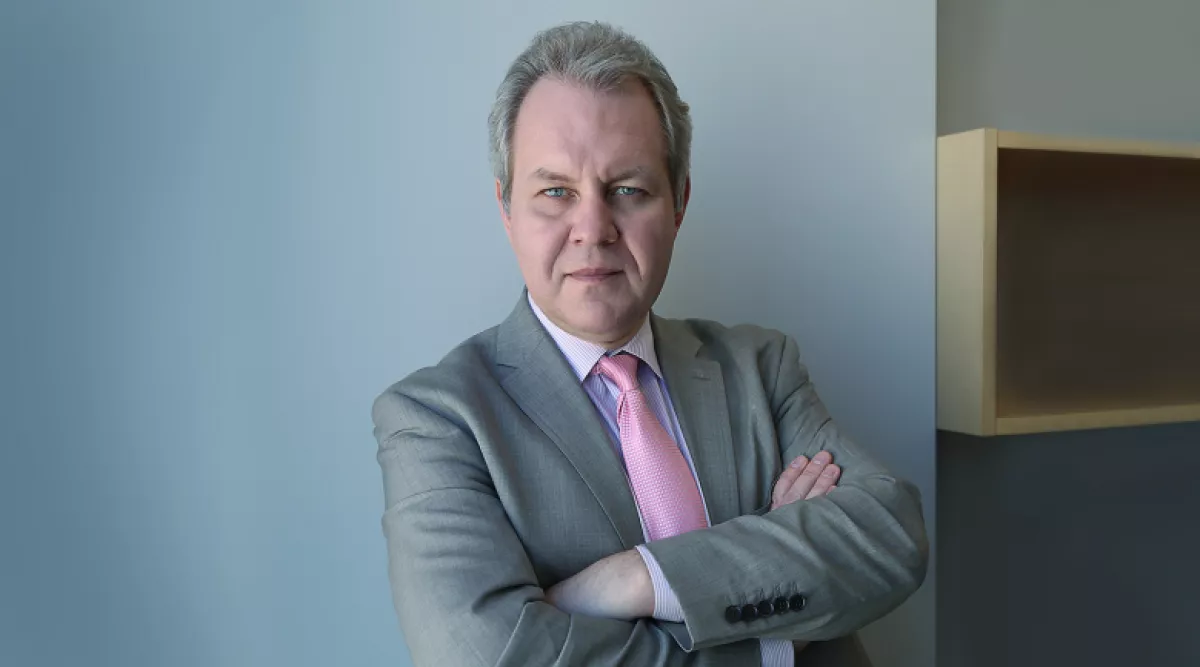
Russian political scientist and sociologist Vladislav Inozemtsev, director of the Moscow-based Centre for Research on Post-Industrial Societies, believes the current situation is quite interesting, as Putin is clearly trying to shift the agenda from the issue of a ceasefire to the topic of negotiations.
“I would put it this way: first of all, the negotiations will take place. Despite the fact that Zelenskyy said there must first be a ceasefire — and that this won’t happen — talks will still be held this week. Ukraine will send some kind of delegation, because Kyiv doesn’t want to quarrel with the Americans, and Trump supports any process that moves things forward, however small.
Putin will insist on starting negotiations. So the talks will begin, and most likely, in time, they will lead — I believe — to some sort of ceasefire.
I can’t say it will happen immediately — last time, negotiations lasted for about a month. I think this time they will also take some time, and afterward, some kind of ceasefire will probably happen,” said the centre's director.
He is not very confident that the ceasefire will be stable (i.e., it may well collapse), but the political analyst is almost certain that a ceasefire will take place and will last more than just a few days this summer.
“It’s quite possible that it may eventually break down due to violations — most likely on Russia’s part — but the fact that it will happen, I believe, is undeniable. Both sides have reached a point where something has to be done. Trump needs some kind of breakthrough. The Europeans also aren’t eager to become fully involved.
I think we’re approaching some kind of turning point. Probably not a final one. And it’s unlikely to result in lasting peace, but I would say that today, it seems likely,” Inozemtsev concluded.








